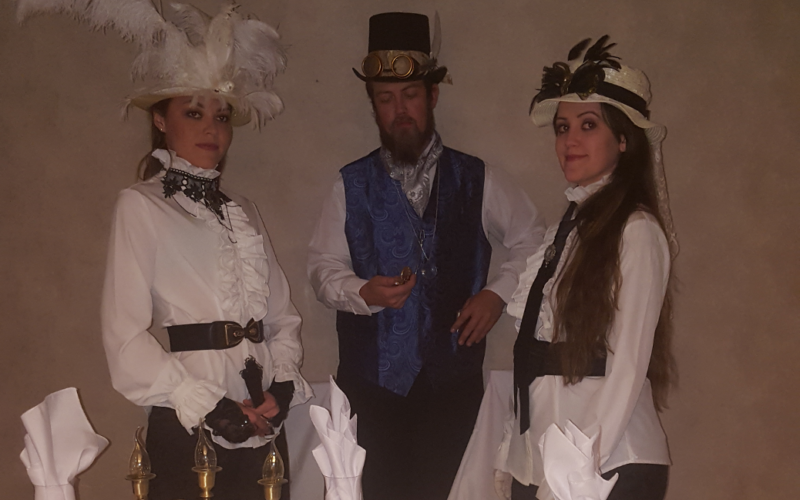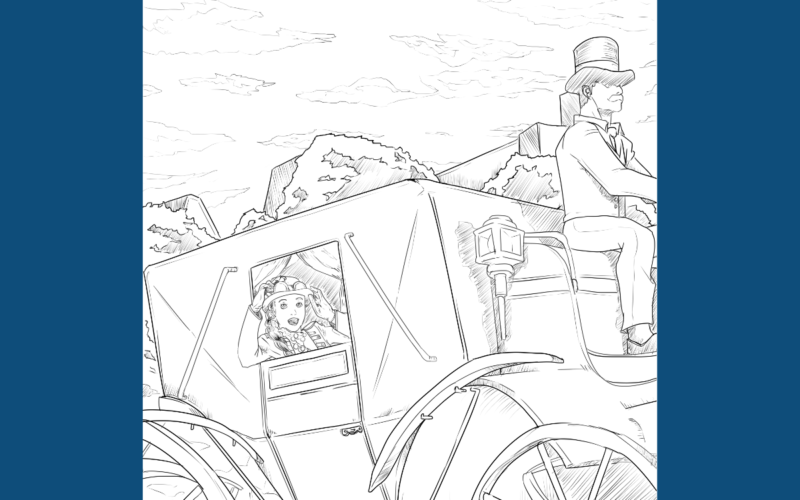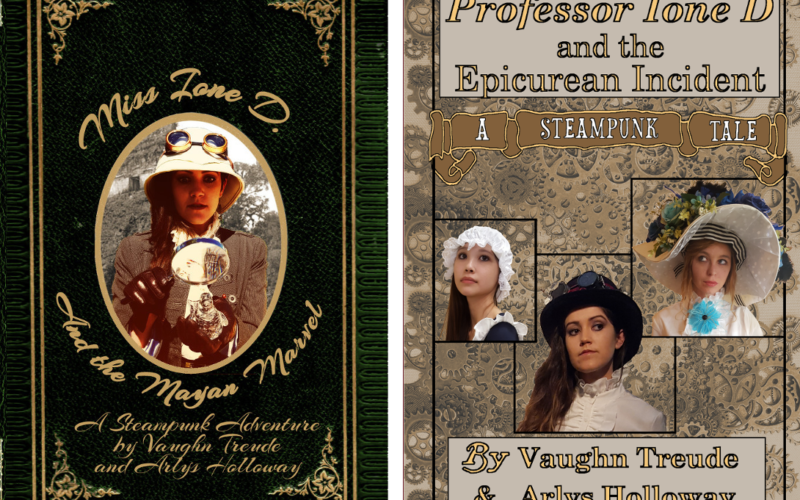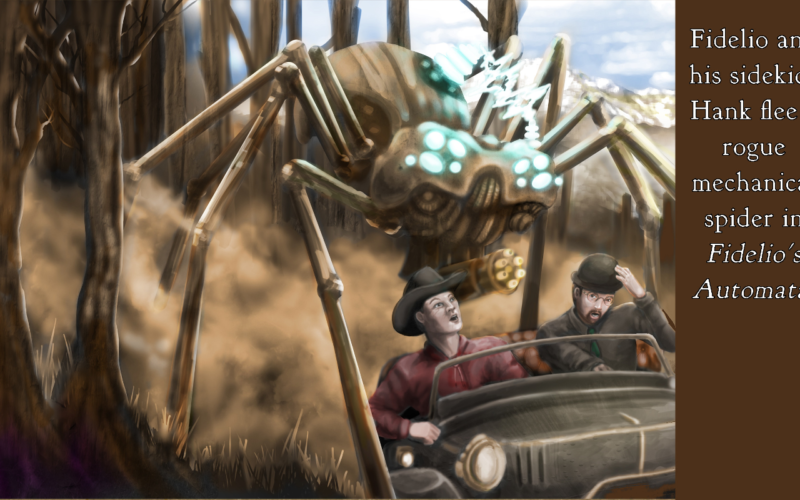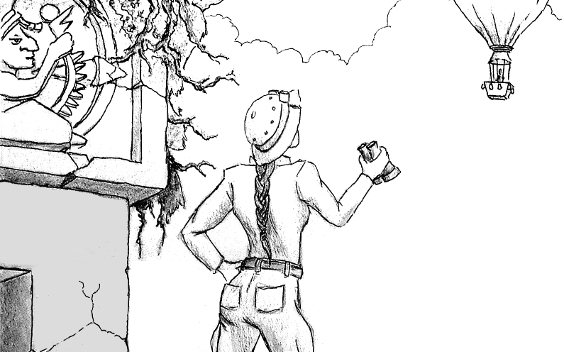
The other day I was speaking with a friend about how conservative writers feel they’ve been marginalized by leftists and are trying to change that. He remarked, “What do left and right mean in science fiction? Certainly what is considered liberal and conservative now will change in the future.” This was an excellent point, which led me to give the matter some thought. I’ve concluded that the point isn’t partisan issues and political details, but the overall tone and message of sci-fi.
In recent years progressives have put a lot of emphasis a writer’s identity (ethnicity, gender, sexual orientation, etc.) to the extent that they sometimes prioritize such affiliations over the ability to write an entertaining, engaging story. To conservatives, the writers’ values are the most important element. That is the impetus behind a new school of writing called superversive.
The movement arose from a 2014 essay by Tom Simon entitled “The Art of Courage.” Simon noted that the word “subversive” literally means “to tear down,” and thus it’s a metaphor for what left-oriented literature has been doing for the last 100 years: tearing down Western culture and its ideals. Thus he coined term “superversive” to mean the opposite of subversive. The aim of superversion is to uplift rather than tearing down virtues. Central to this idea is old-fashioned heroism, as well as a meaningful interplay of good and evil.
Examples of superversive works are Tolkien’s Lord of the Rings and the original Star Wars trilogy. Their heroic themes are a major reason for their popularity and enduring appeal. Many children’s stories such as Horton Hears a Who and The Wizard of Oz and are also based on the theme of courage. One of my very favorite parts of the Oz movie is the Cowardly Lion’s speech on that topic.
As for subversive examples, I’m having difficulty thinking of them, perhaps because I tend not to read or watch so-called “literary” works. Even depressing dystopian novels such as George Orwell’s 1984 or Cormac McCarthy’s The Road could be viewed as cautionary tales meant to further an ideal by showcasing the opposite extreme. However, I must mention the most recent Star Wars movies. Critics have openly hailed them as subversive, and they were much less popular with audiences as a result of their anti-heroic bent. It brings to mind some of the books of Samuel R. Delaney, in particular, the science fiction novels Dhalgren and Triton. I enjoyed these books for Delaney’s brilliant world-building and memorable quirky characters, but I remember their endings as being extremely unsatisfying. Now I understand that it was probably because there was no coherent and positive message or point to either of them.
One thing I want to stress is that although superversive writers tend to be political conservatives, that’s not a hard and fast requirement. George Lucas once remarked that the battle of the Ewoks against the Empire was modeled on the Vietnamese resistance against the American invasion. Though many would view this as a leftist viewpoint, I maintain that nothing is more heroic than defending one’s people against an outside threat. (That’s not a criticism of the veterans who fought but rather the lying politicians who got us into that war.) I make this point because I’ve met many liberals I’d call heroic and some self-described conservatives (especially Establishment Republicans) who were definitely not.
Partisan politics aside, I think Tom Simon has identified a very important truth about fiction and its role in human society. I recommend you read his essay on the Superversive SF website. I have not yet spent much time on the site, but I intend to delve further into this topic.
The books Arlys and I have written definitely have heroes, though I’ll admit we didn’t consciously set out to do that. You can find them in both ebook and print form on Amazon.com.
Do you prefer a story with a heroic message? Please tell us some of your favorite hero stories in the comments below.

















